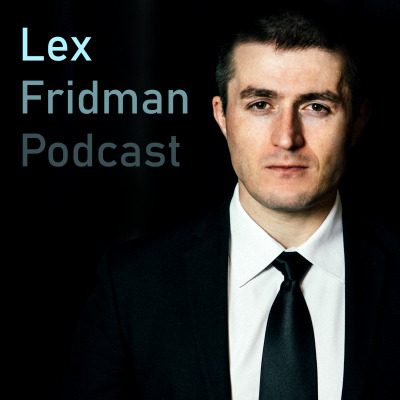About the Episode 🎙️
This podcast episode features Mark Zuckerberg, the CEO of Meta (formerly Facebook), discussing his vision for the future of Meta, the role of AI in society, his personal experiences with martial arts, and the importance of cohesive teams. The conversation also touches on the challenges of misinformation and censorship on social media platforms, the potential of virtual reality, and the complexities of building successful social media companies.
Key Takeaways 💡
- Mark Zuckerberg enjoys martial arts because it requires full attention and doesn't shy away from challenges. He believes that learning comes from failing and being willing to start as a beginner.
- Mark emphasizes the importance of having a cohesive team and spends a lot of time fostering a tight core group of people to make difficult decisions. He believes that when there's tension within the team, it becomes more challenging to achieve goals.
- Mark believes that combat and disagreement are part of the decision-making process and that it's important to have different perspectives.
- Mark shares that Meta takes an open and academic approach to AI research, allowing top researchers to share their work and providing access to industry-scale infrastructure.
- Mark highlights the value of open-source software and how it can lead to more efficient and secure systems. He acknowledges that while there are concerns about the potential risks of open-source AI, he believes that at the current stage of development, the benefits outweigh the risks.
- Mark expresses excitement about the progress being made in AI and the potential for technology to connect people and break down language barriers. He believes that open-source collaboration and ongoing research will lead to further advancements in the field.
- Mark discusses the potential impact of AI on businesses and individuals. He believes that AI can help with coding, designing, and customer support, leading to better experiences and innovation.
- Mark acknowledges the potential downside of relying too heavily on AI. He mentions the risk of missing nuanced mistakes and bugs when outsourcing thinking to AI models.
- Mark discusses the challenges faced by social networks in combating harmful content such as fishing scams, social engineering, and other forms of exploitation. He emphasizes the importance of countering these harmful behaviors and ensuring that coordinated networks are disclosed and not allowed to operate undetected.
- Mark acknowledges the complexity of managing misinformation and censorship on social media platforms. He emphasizes the importance of considering potential harm, respecting user preferences, and making informed decisions while navigating pressures from governments and interest groups.
- Mark discusses the challenges and strategies involved in building successful social media companies, the potential for decentralized control in the industry, and the importance of compassion in difficult decisions like layoffs.
- Mark discusses the potential benefits and risks of open sourcing AI models. He believes that open sourcing can lead to safer and more secure systems, as well as a more balanced distribution of technology.
- Mark believes that as AI technology advances, it will continue to enhance collective intelligence by educating humans, improving communication, and making the whole system more efficient.
- Mark emphasizes the importance of being physically active and believes that physical sensations and experiences are integral to being human.
- Mark believes that individuals should have the choice to create AI replicas and compares it to the creation of social media pages. He also mentions the importance of creating and being a positive, creative force in the world.
